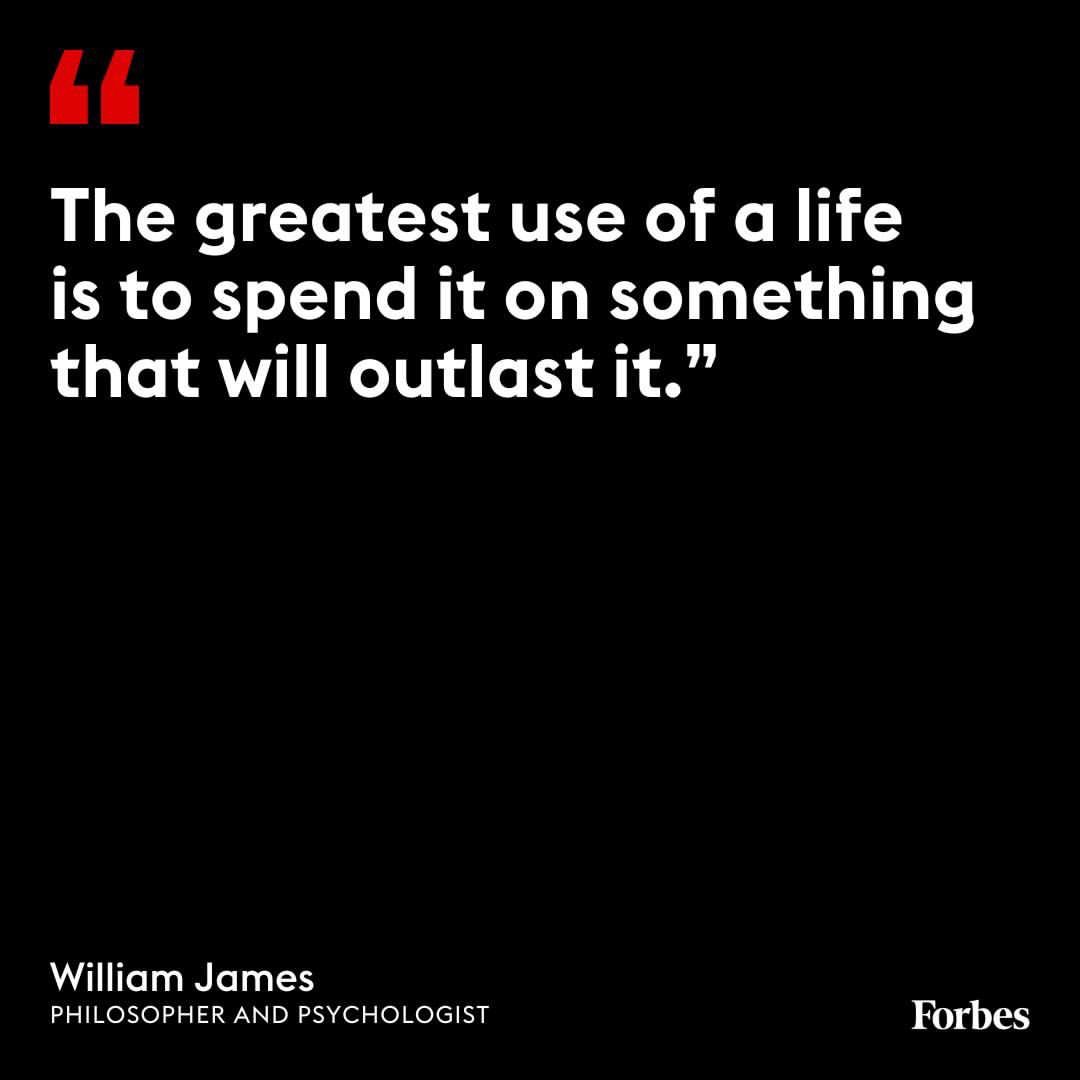Personal Branding is a Self-Investment
Developing a memorable and unique personal brand requires self-investment. Knowing your personal style, skills, and interests - or the “big three” - will guide you in the process of planning your investment.
The investment in yourself could take the form of continuing education, working with a coach to develop the skills you need to add to your repertoire, or simply taking the time to do a self-assessment and be mindful.
Once you’ve established your brand's strategic direction, the next step is to communicate your value through networking and creating high-quality, consistent content.
What is Personal Branding?
Personal branding, or creating a lasting impression that represents you and/or your business among peers and colleagues, is key to staying top-of-mind in an environment filled with distractions.
Harvard Business Review posted a quote on Instagram that summarizes the benefits of developing your personal brand:
“Building a personal brand means being recognized for your unique self and skills, and increasing your visibility, access to opportunities, and growth.”
Successfully developing a personal brand “is not just about marketing but about being your [own] marketer.” In marketing yourself, be consistently genuine and authentic-but not too authentic-with others.
Four Reasons Why it’s Worth the Investment
Creating a personal brand provides you with advantages in four areas:
1) Competitive Advantage
A well-developed personal brand that enables you to stand out from the crowd also provides you with a strong competitive advantage: It presents a greater barrier to imitation by would-be copycats. Your audience will remember your brand as the “original.”
2) Public Relations
Having an influential personal brand means that others will talk about you and/or your company, even when you are not present. When others start sharing your story, you’ve hit the public relations jackpot! Once others perceive value in your brand, it opens doors to referrals and career opportunities. Examples of iconic figures whose stories are told by others include Bono of U2 and Oprah Winfrey. (We’re not saying that all personal brands must become celebrities to succeed!)
3) Legacy
A successful personal brand image is not just about reputation management. Artist, Blake Jamieson, states that our legacy is the most significant outcome of a well-developed personal brand:
“Building a personal brand is much bigger than building a business. The only exit strategy is legacy.”
Creating a legacy means your personal brand remains relevant and continues to generate value for others even after your time has passed. A prominent example of an enduring personal brand is Martin Luther King, Jr.
4) Growth
A carefully crafted personal brand indirectly propels personal growth by requiring an external focus. Assess the impact you have on others, your reputation (how you’re perceived), and the legacy you leave behind (how you add lasting value).
Conclusion
Personal branding is an investment in yourself. The resources you invest, such as time, energy, and currency, in developing your brand will yield both personal and professional growth opportunities.





Who knew that paid advertising could make us unhappy? Or that only 50% of the people surveyed trusted the advertisements they saw, read, or heard? Business owners should focus on earned and shared media as a cost-effective, long-term marketing strategy that builds trust and makes their audience happier.